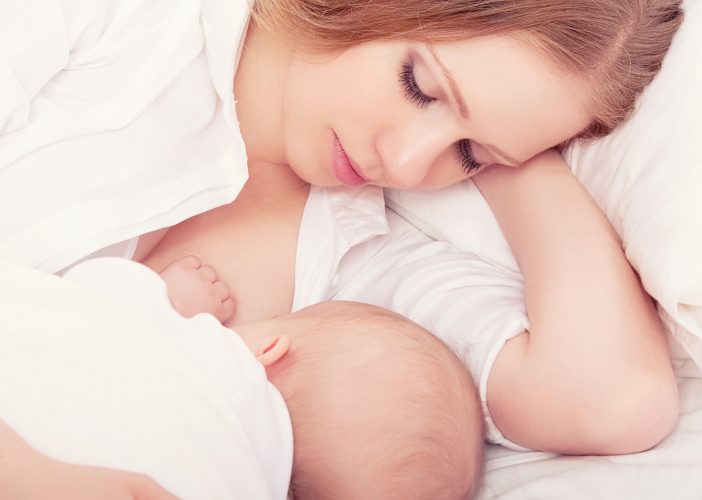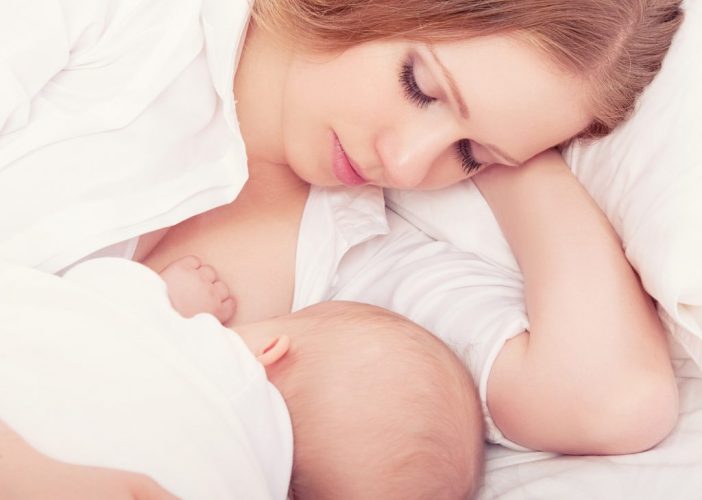
A nurse led study published by Emilio Gonzalez-Jimenez PhD, of the University of Granada in Spain, and his colleagues suggests “Women who breastfeed for over 6 months are less likely to develop early breast cancer than women who do not breastfeed – as long as they do not smoke.”
Emilio Gonzalez-Jimenez PhD and his colleagues drew the medical records of 504 women (between 19 and 91 years of age) who had been treated for breast cancer at one of the city’s hospitals. According to them, women who had not breastfed their babies were, on average, found to get breast cancer 10 years earlier than breastfeeding mothers. A number of factors in their analysis – age of breast cancer diagnosis, length of breastfeeding, family history of cancer,obesity, alcohol consumption and smoking habits.
The results of the study showed a gain in years lived for breast cancer patients who breastfed their babies “for periods of longer than 6 months,” the authors conclude.
“In fact,” they say, “our study showed an average gain of 10 years in the mean age at diagnosis.“
Breast Feeding with Cancer
Nursing is safe during diagnostic tests for cancer such as a mammogram (although it may be harder to read during lactation), X-ray, CAT scan, MRI, ultrasound, and biopsy.
If you undergo radioactive isotope therapy or chemotherapy, however, you must stop breastfeeding until the radioactive elements or medications are completely gone from your body.
You can nurse if you are having radiation therapy, but having had radiation will limit milk production in the affected breast.
Cancerous cells cannot be passed to your baby through breast milk.
Note: Every baby has a right to eat, and every woman has the right to feed their baby.

